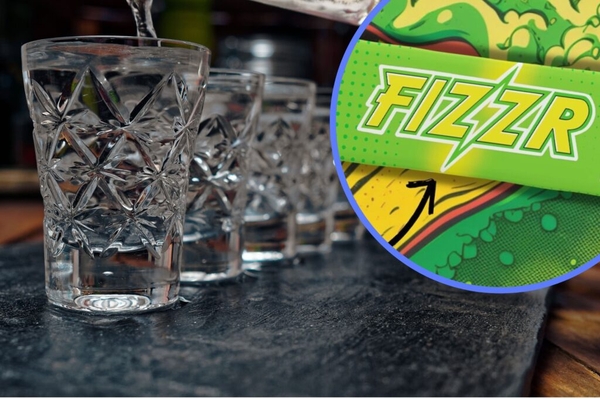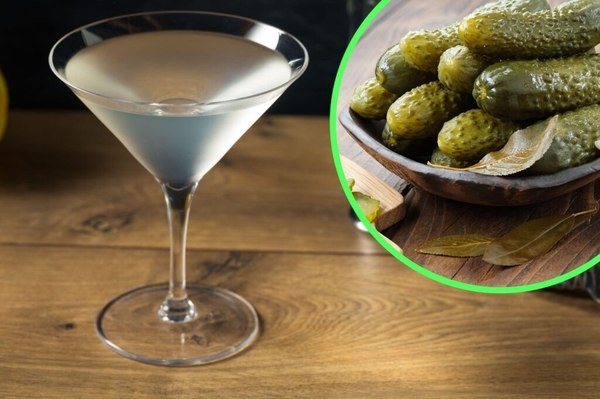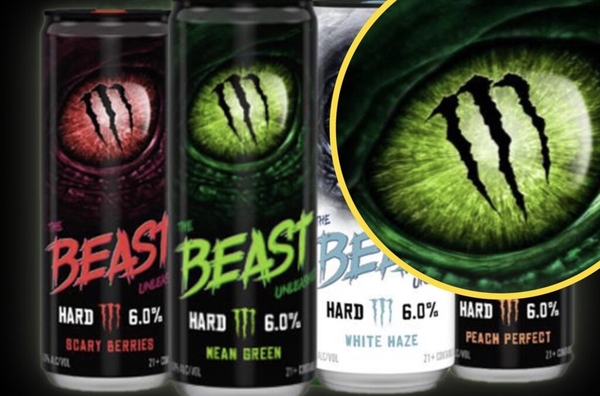Uncategorised
These are the only two countries on earth where Coca Cola is illegal
22 Feb 2019
3m

By any measure, Coca-Cola is one of the biggest brands on earth. Irrespective of whether you work in the food industry, or are just a fan of soft drinks, there can’t be many people on the planet who have managed to somehow avoid coming into contact with a bright red can or two. In the years since its dramatic and turbulent founding in the nineteenth century, Coke has managed to conquer the world.
 [[imagecaption|| Credit: Pixabay/stevepb]]
[[imagecaption|| Credit: Pixabay/stevepb]]
How Coca-Cola succeeded in its quest for global domination is both fascinating and troubling. America’s 20th century globalism and the realities of aggressive capitalism allowed the company to penetrate almost every available market. After bottles were provided to US troops fighting in the Second World War, Europe soon became hooked, while President Dwight Eisenhower’s fondness for the drink meant that foreign diplomacy was often conducted with a glass of something cold, brown and bubbly on hand. Before long, its influence was international.
However, despite Coke’s status as the most popular drink on the planet, there are some places that remain off-limits. Even if you have billions of dollars and a dedicated global following, not every door is just going to swing open. But, given how most of us take Coca-Cola for granted, it’s still shocking to learn that there are two countries where the drink is not only unavailable, but actually illegal.
Cuba has a complex relationship with Coke. In 1906, it actually became the third nation outside of the United States to bottle the drink, and operated a major plant for decades. This all changed in the 1960s. When Fidel Castro came to power, the government began systematically seizing the assets of every foreign company operating on the island. The entire economy was essentially nationalised. This situation, coupled with crippling American trade embargoes and sanctions, meant that the company were forced to shut up shop just months after Castro took power. They haven’t been back since.
North Korea’s situation is somewhat different. Ever since the country was split into North and South, American hostility has made trade almost impossible. Though Coca-Cola had a presence across the Korean peninsula prior to the 1950s, mostly due to American soldiers fighting in the Pacific, the Korean War and subsequent divide had a dramatic and instant impact on supplies. Overnight, Coca-Cola was outlawed and relegated to the South. It remains absent.
Even though both Cuba and North Korea are technically Coke-free, reports occasionally emerge of a sneaky serving making it across the border. In 2012, the media suggested that a restaurant in Pyongyang was selling cans of black market Coca-Cola, only for the restaurant and the company themselves to immediately deny that any such deal ever took place. Though there may be room for a few dodgy side deals, there is still no chance of anything official while American trade embargoes exist.
It can sometimes feel impossible to escape the influence of the world’s biggest companies. Given how brands have come to dominate our lives, the idea of a world without Coke is almost impossible to imagine. It’s almost reassuring to know that there are a couple of places still holding out. Even if one of them is North Korea.


